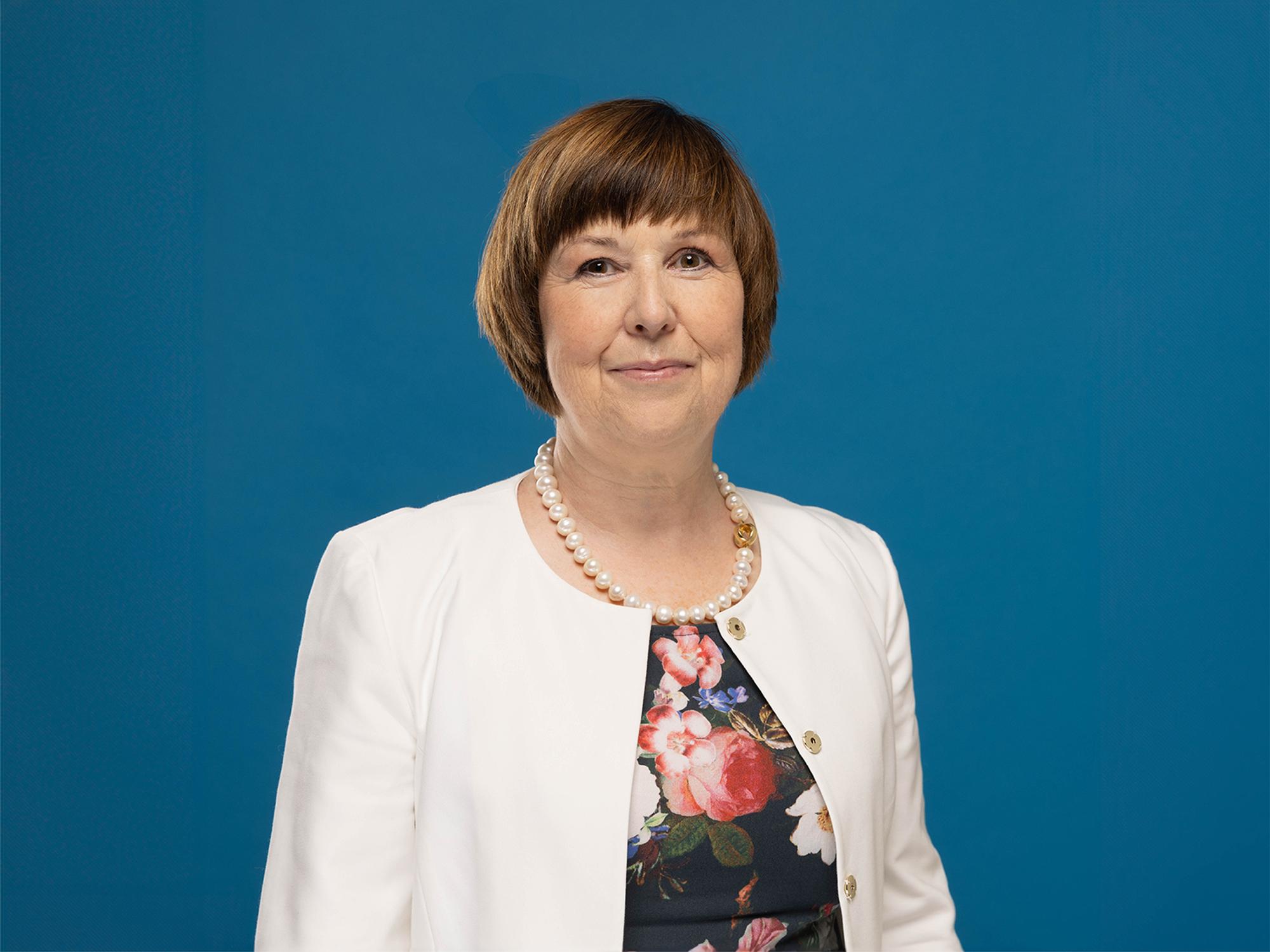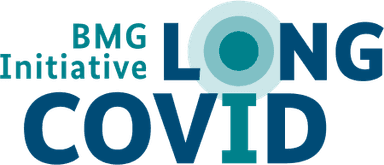Note: The following text is a guest article. They reflect the personal views of the author. The article is not an expression of opinion by the Federal Ministry of Health.
Guest article: Brigitte Gross
Brigitte Gross, director of Deutsche Rentenversicherung Bund, reports in her opinion editorial on the positive effects of medical rehabilitation services for insured persons with severe long-term health consequences after an infection with the coronavirus.
Published on: 08/28/2023

© Copyright Fotograf P. Weiler
Advice and support for insured persons from the Deutsche Rentenversicherung
An infection with the coronavirus can lead to serious long-term health consequences for those affected and also massively impair their ability to work. Deutsche Rentenversicherung offers its insured members advice and support to help them on their road to recovery and to ensure their participation in working life.
If the ability to work is at risk, pension insurance policyholders are entitled to rehabilitation benefits. These can help to regain strength and return to professional and everyday life step by step. This benefits not only the people concerned themselves, but also our social security systems.
Rehabilitation has an effect on post-COVID syndrome
Post-COVID syndrome (PCS) is a complex clinical picture with multiple symptoms for which there is still no aetiological therapy. It is only possible to treat the symptoms. In addition to therapy in the outpatient sector, Rentenversicherung offers support to people suffering from post-COVID syndrome with a special rehabilitation programme.
Rehabilitation as a part of the healthcare system
Rehabilitation is the area of healthcare that can bring people with serious illnesses like PCS back into working life. In contrast to acute medicine, rehabilitation focuses less on the diagnosis and more on the resulting functional limitations and participation disorders.
The medical rehabilitation is based on a multimodal and interdisciplinary therapy concept. Its strength lies, among other things, in the fact that different professional groups work together and combine different therapeutic approaches against the background of the bio-psycho-social model of health and illness. The World Health Organisation's bio-psycho-social model takes into account that a medical diagnosis is not very informative about what limitations in daily life result from it. For the individual, it is relevant which body structures and functions are disturbed, which activities are not possible as a result and how these restrictions affect typical situations in life. This includes, for example, everyday life and the organisation of both leisure time and everyday family life (also summarised as participation).
Individual rehabilitative therapy
People with PCS in particular are at risk of needing a reduced earning capacity pension because they can no longer perform their occupational activities due to the multiple functional impairments resulting from the SARS-CoV-2 infection. Symptoms such as fatigue (a significantly increased fatigability and exhaustion), concentration disorders and limited physical resilience are particularly relevant with regard to the ability to work.
Those affected frequently benefit from rehabilitation. With therapies individually tailored to the respective clinical picture and resilience, rehabilitation helps to improve the existing physical and mental limitations caused by PCS or to cope better with them in everyday life. Typical contents of rehabilitation for PCS are, for example, training on the disease pattern, breathing training and psychological support for coping with the disease and increasing self-efficacy. Cognitive training is also frequently required. Rehabilitation also includes exercise therapy. This is measured out in such a way that it does not overload the affected people (so-called ‘pacing’).
Access and information for those affected
Insured persons can apply for medical rehabilitation online. They can find tips and advice regarding this on the Rentenversicherung web pages. The pages also provide information about the different therapies available and offer support in finding a clinic. As PCS can affect virtually all organ systems, the choice of facility depends on the indication with regard to which the complaints can best be treated. In addition, there are establishments that specialise in the treatment of PCS diseases. The rehabilitation centres of Deutsche Rentenversicherung also have special offers for those affected.
Rehabilitation improves complaints
Post-COVID sufferers have been treated at medical rehabilitation facilities since the beginning of the coronavirus pandemic. For example, in 2022, Deutsche Rentenversicherung carried out around 21,000 post-COVID rehabilitations nationwide. According to the statistics of Deutsche Rentenversicherung, the average age for PCS rehabilitation is in the mid-50s. Women are affected more often than men.
Rentenversicherung has developed standardised requirement criteria for PCS rehabilitation and coordinated these with other rehabilitation providers. The rehabilitation concepts are also constantly adapted to new findings and experiences.
Accompanying research projects are to provide new insights into the effectiveness of the treatment in the long term. Rentenversicherung participates in various projects to do research on the disease. The research results so far clearly show positive results: Rehabilitation leads to an improvement in the complaints. With its many years of experience in medical rehabilitation and the wide range of rehabilitation facilities nationwide, Rentenversicherung is also a competent contact for PCS and maintains the participation of those affected in life in the community.
Our experience shows that rehabilitation is effective.
And it has a home: Deutsche Rentenversicherung.
Vita
Brigitte Gross is a member of the board of directors of Deutsche Rentenversicherung (DRV). The fully qualified lawyer completed her law studies at the University of Heidelberg, and has been working for Rentenversicherung since 1991. She has worked in the field of rehabilitation for many years and was most recently head of the department, before being elected director in 2017. Her focus in rehabilitation is on the further development and improvement of participation-oriented and need-oriented care. During the pandemic, she was an early advocate for the promotion of relevant research projects and for the expansion of therapeutic offers for PCS rehabilitants at the DRV Bund clinics.
